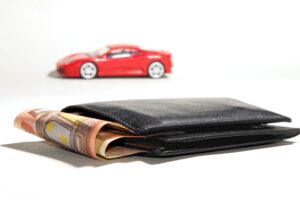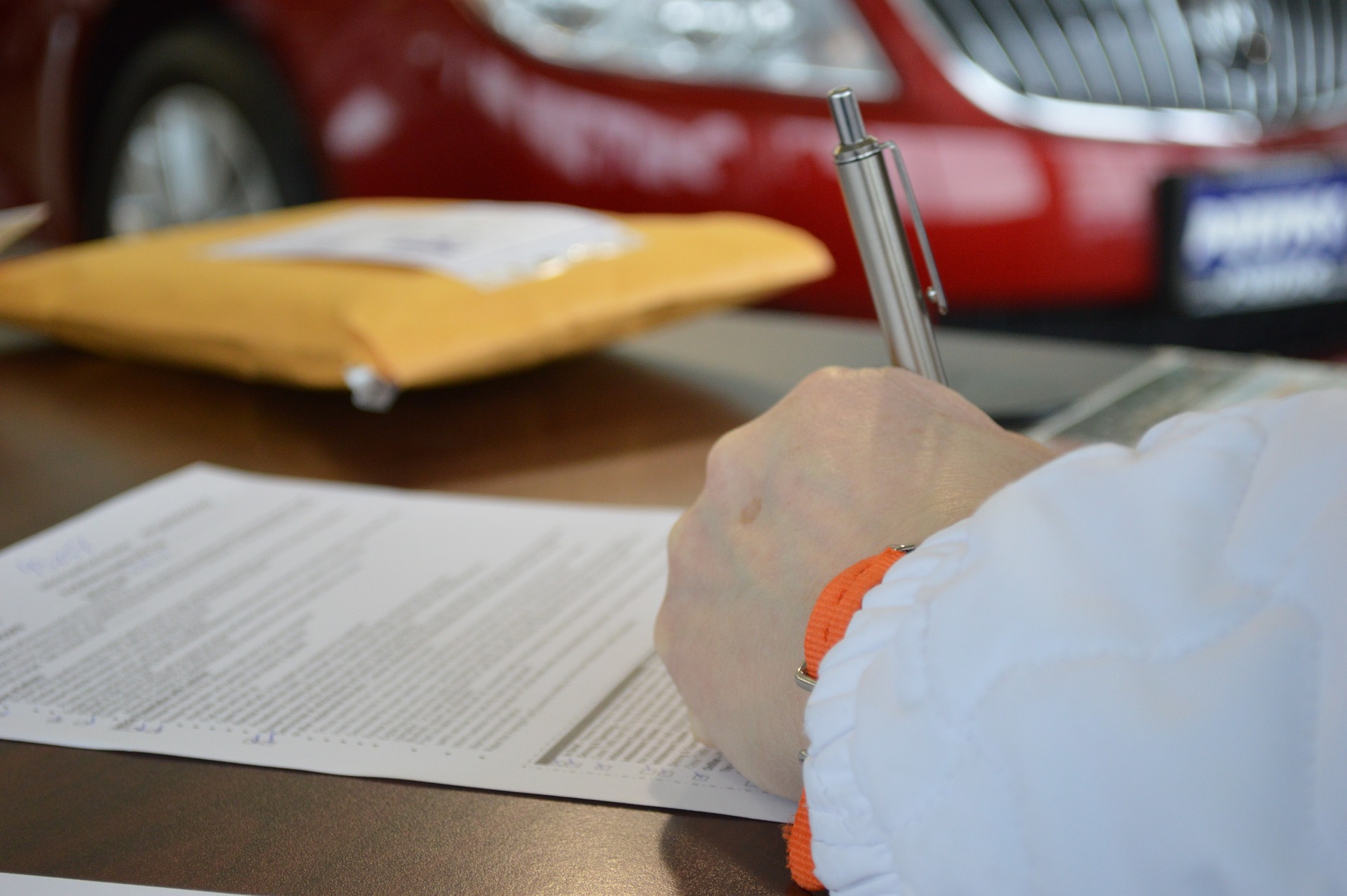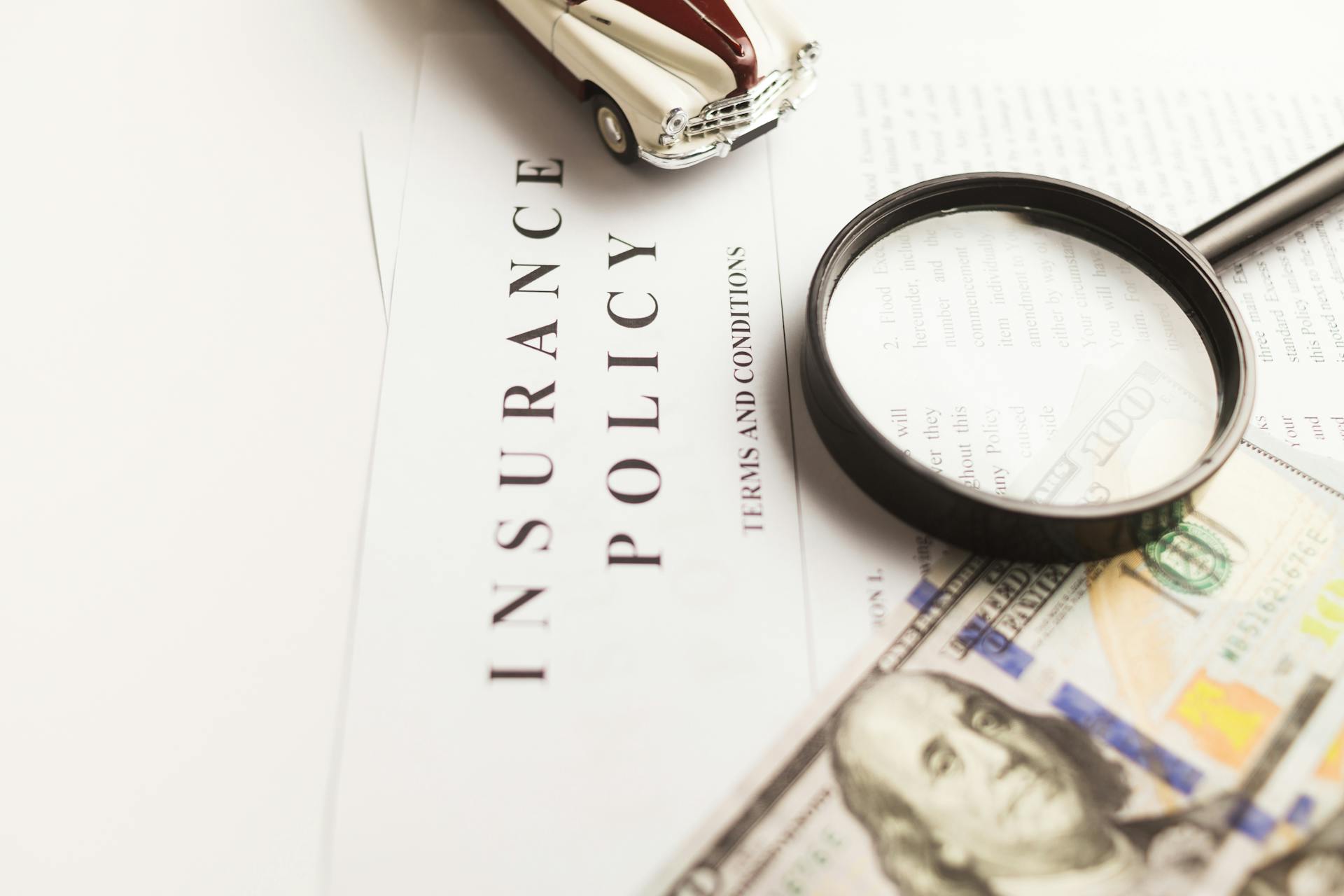This post may contain affiliate links, which means we may receive commission, at no additional cost to you, if you make a purchase through these links. See our full disclosure here.
When it comes time to get behind the wheel of a new vehicle, buyers often face the decision of whether to finance their purchase with a loan or to lease the vehicle. Each option has its own set of financial advantages and disadvantages, and the best choice depends on individual financial situations, driving habits, and long-term plans. Check out our breakdown of car loans, leases, and the pros and cons of each option!
Car Loans
What is a Car Loan?
 A car loan is a financing option where you borrow money from a lender, like a bank or credit union, to purchase a vehicle. You then repay the loan, with interest, over a predetermined period. Once the loan is fully paid off, you own the vehicle outright. Notably, some manufacturers have a financial division that frequently has specials offers, such as low interest rates, on new vehicles.
A car loan is a financing option where you borrow money from a lender, like a bank or credit union, to purchase a vehicle. You then repay the loan, with interest, over a predetermined period. Once the loan is fully paid off, you own the vehicle outright. Notably, some manufacturers have a financial division that frequently has specials offers, such as low interest rates, on new vehicles.
Pros of Car Loans
- You Own It: After the loan is paid off, you own the car and can keep it for as long as you want without any further payments.
- No Mileage Limits: Unlike leases, car loans do not come with mileage restrictions. This is beneficial if you drive a lot to and from work, to see family, or any other long distances.
- Freedom to Modify: As the owner, you can modify or customize the car to your liking.
- Build Equity: As you pay off the loan, you build equity in the vehicle, which can be used as a trade-in or sold for cash.
Cons of Car Loans:
- Higher Monthly Payments: Monthly payments on a car loan are typically higher than lease payments because you are paying off the entire purchase price of the vehicle.
- Depreciation: Cars depreciate quickly, and you may owe more than the car is worth if you decide to sell it before the loan is paid off. This called being ‘underwater’ on a loan.
- Maintenance Costs: Once the warranty expires, you are responsible for all maintenance and repair costs.
Car Lease
What is a car lease?

Leasing a car is essentially renting it for a fixed period, usually around three years. You make monthly payments to use the vehicle, but you do not own it. At the end of the lease term, you return the car to the dealer and may have the option to purchase it at a predetermined price. When you take out a lease, your monthly payments essentially pay the difference between the new vehicle price and depreciation while you use it.
Pros of Car Leasing
- Lower Monthly Payments: Lease payments are generally lower than loan payments because you are only paying for the car’s depreciation during the lease term, not the entire purchase price.
- Newer Vehicles: Leasing allows you to drive a new car every few years, often with the latest features and technology.
- Lower Repair Costs: Most leases coincide with the manufacturer’s warranty period, so major repairs are usually covered.
- Flexibility: Leasing provides flexibility if you prefer driving newer cars and don’t want to deal with long-term maintenance or depreciation.
Cons of Car Leasing
- You Don’t Own It: You do not own the car at the end of the lease term, and you have no equity in the vehicle.
- Mileage Limits: Leases come with mileage restrictions, and exceeding these limits can result in significant fees.
- Modification Restrictions: Since you don’t own the car, you are limited in how you can modify or customize it.
- End-of-Lease Costs: You may incur additional costs at the end of the lease for excess wear and tear or if you decide to buy the car.
Car Loan or Lease?

When deciding between a car loan and a lease, consider the following factors:
- Budget: If you need lower monthly payments, leasing might be the better option. If you can afford higher payments and want to build equity, a loan could be the right choice.
- Driving Habits: If you drive a lot, a car loan may be preferable due to the absence of mileage limits. Leases are better for those who drive fewer miles annually.
- Vehicle Preferences: If you enjoy having the latest features and models, leasing allows you to upgrade every few years. A loan is better if you prefer to keep a car for a longer period.
- Long-Term Plans: Consider how long you plan to keep the car. Leasing is suitable for short-term use, while a loan is better if you plan to keep the car for many years.
Choosing Between a Car Loan and Lease
Both car loans and leases have their benefits and drawbacks. Understanding both options can help you make an informed decision based on your financial situation, driving needs, and personal preferences. By carefully considering these factors, you can choose between a car loan and lease to get the vehicle you want with a monthly payment you can afford.

